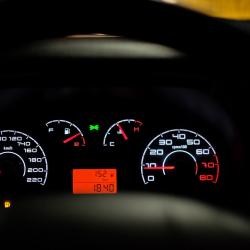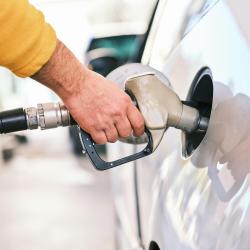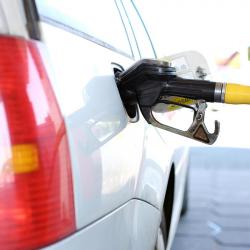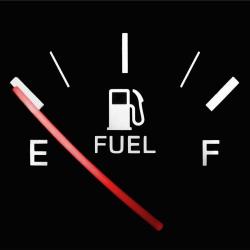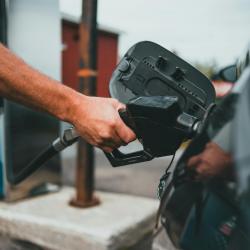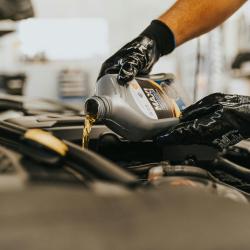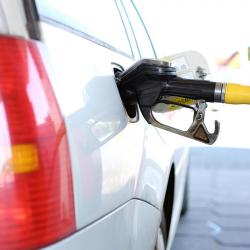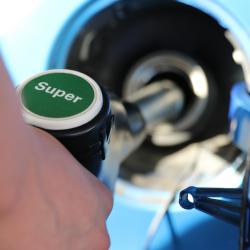How to Improve Fuel Efficiency in Your SUV or Truck
SUVs and trucks are often favored for their power, space, and versatility, making them ideal for families, outdoor enthusiasts, and professionals alike. However, these vehicles are not typically known for their fuel efficiency. With rising fuel costs and growing environmental concerns, improving the fuel economy of your SUV or truck is more important than ever. Fortunately, there are several strategies you can employ to enhance fuel efficiency without sacrificing performance. This article provides practical tips to help you save money at the pump and reduce your carbon footprint.
- Maintain Proper Tire Pressure
One of the simplest ways to improve fuel efficiency is by ensuring your tires are properly inflated. Under-inflated tires create more rolling resistance, which forces the engine to work harder and consume more fuel. Check your tire pressure regularly and adjust it to the manufacturer's recommended levels, usually found in the owner’s manual or on a sticker inside the driver’s door.
- Regular Maintenance and Servicing
A well-maintained vehicle runs more efficiently. Regular oil changes, air filter replacements, and engine tune-ups can significantly impact fuel economy. A clean air filter ensures optimal airflow to the engine, improving combustion efficiency. Additionally, using the right grade of motor oil as specified by the manufacturer can also contribute to better fuel mileage.
- Reduce Excess Weight
Extra weight in your vehicle can decrease fuel efficiency. Remove unnecessary items from your trunk or cargo area. For trucks, consider removing heavy accessories like toolboxes or bed covers if they are not needed for your current trip. Every additional 100 pounds can reduce fuel efficiency by about 1%, so travel light whenever possible.
- Optimize Driving Habits
Your driving style has a direct impact on fuel consumption. Avoid aggressive driving behaviors such as rapid acceleration, speeding, and hard braking. Smooth and gradual acceleration, maintaining a steady speed, and anticipating stops can boost your fuel efficiency by up to 30%. Use cruise control on highways when safe and appropriate to maintain a consistent speed.
- Limit Idling Time
Idling consumes more fuel than restarting the engine. If you anticipate being stopped for more than a minute, it’s more efficient to turn off the engine. Newer vehicles with start-stop systems do this automatically, but you can adopt this practice manually with older models.
- Use Air Conditioning Wisely
Air conditioning can be a significant drain on your vehicle’s fuel economy. Use it sparingly, especially at lower speeds. At higher speeds, using air conditioning with closed windows is more fuel-efficient than driving with the windows down due to aerodynamic drag. Consider using the vehicle’s ventilation system or opening windows at lower speeds to cool the cabin.
- Plan Efficient Routes
Planning your routes carefully can help you avoid traffic congestion and reduce unnecessary mileage. Use GPS or smartphone apps to find the quickest and most fuel-efficient routes. Combining errands into a single trip rather than multiple short trips can also save fuel.
- Consider Aerodynamics
Roof racks and other external accessories can increase wind resistance and reduce fuel efficiency. Remove roof racks when not in use and consider using aerodynamic designs if you frequently need to carry items on the roof. Keeping your vehicle clean and waxed can also help reduce drag.
Conclusion
Improving the fuel efficiency of your SUV or truck doesn't require significant sacrifices or extensive modifications. By adopting these practical tips, you can make a positive impact on your fuel consumption and contribute to a more sustainable environment. Not only will these strategies save you money at the pump, but they will also extend the life of your vehicle and enhance its performance over time.


